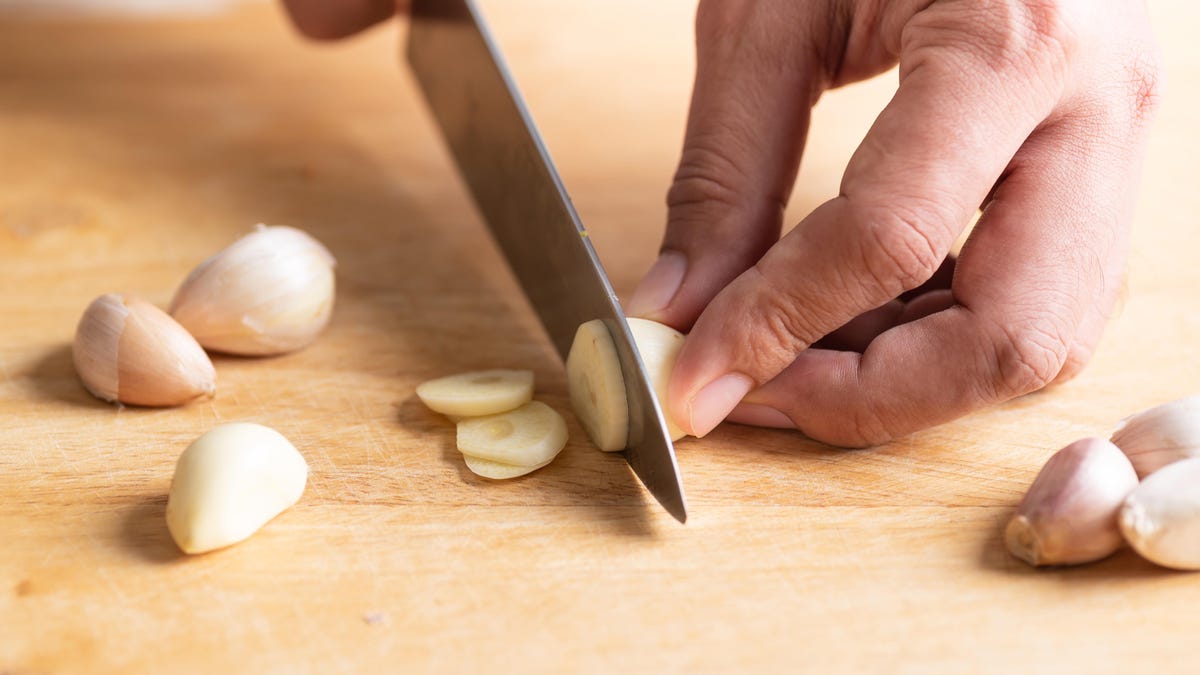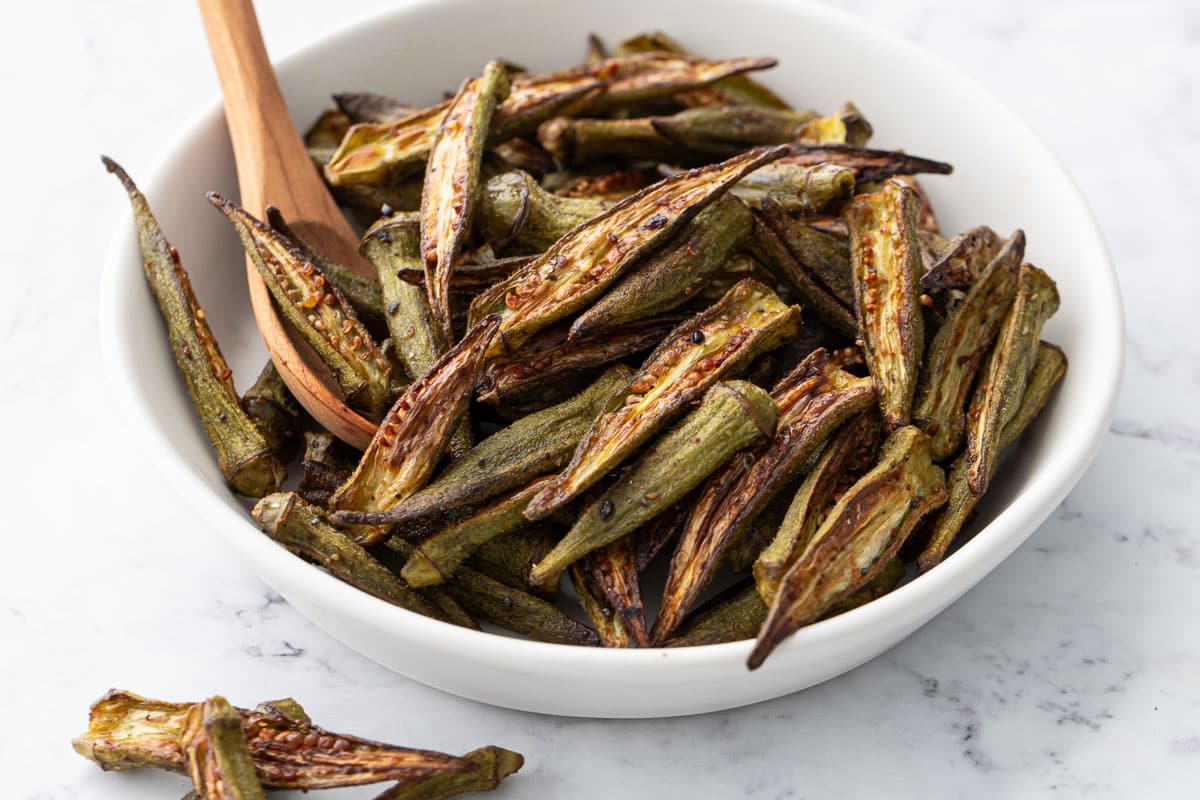How to Get the Smell of Garlic Out of Your Wooden Cutting Board
If you own wooden utensils or cutting boards, you’ve probably noticed they have a way of retaining certain pungent odors. As much as we love our wooden kitchen tools, they are also porous, so they easily absorb strong smells—and...


Photo: Nungning20 (Shutterstock)
If you own wooden utensils or cutting boards, you’ve probably noticed they have a way of retaining certain pungent odors. As much as we love our wooden kitchen tools, they are also porous, so they easily absorb strong smells—and then transfer those smells to foods we’re preparing later (garlic watermelon, anyone?).
The regular method of cleaning your wooden kitchen tools—washing them with soap and water, then treating them with oil—works fine for most situations; but soap and water aren’t always up to the task of ridding especially strong smells like garlic or onion.
One of the proposed answers, which works for Lifehacker’s senior food editor, Claire Lower, is to have a dedicated wooden spoon just for garlic. This is a good solution, and one that can work for a number of people, but the plan falls apart if you happen to have an absent-minded spouse and/or children. Sure, you can tell them not to use specific utensils for certain purposes, but there’s a good chance they’re going to slip up and forget (or they didn’t listen to you in the first place).
The other answer to the question of garlic-y spoons would be to avoid using wooden utensils altogether, but that’s a tough ask for those of us who love them. However, as the Kitchn recently reported, there is an effective (and simple) way to get strong smells off your wooden utensils: Scrub your utensils with a paste made of baking soda and water. Baking soda can neutralize odors, and mixing it with a little water means that it will get drawn into the wood, where it will neutralize whatever odors lie within.
Washing wooden utensils with baking soda and water
To put this to the test, I decided I would first chop garlic on a wooden cutting board, then scrub it with the baking soda paste, and then cut up apple slices on the same board to perform a taste test. I chopped a bunch of garlic so that the time I was done, the board reeked of the stuff. Then I made a thick paste of baking soda and water and scrubbed away.
G/O Media may get a commission

43% off
75" TCL Mini LED TV
Normally $2,300, the TCL 6-Series boasts a 4K QLED screen with Dolby Vision and HDR10+ and access to thousands of apps on Google TV.
My first attempt didn’t work quite as well as I had hoped. Although the board mostly smelled like wood, when I used it to cut up an apple, the slices ended up with a pungent garlic flavor. Those slices got chucked into the trash, and back to the [drawing] board I went to try again.
The instructions were to let the baking soda sit for about a minute. I estimate that for the first attempt, I let it sit for a scant minute, rather than erring on the side of more.
The second time, I coated the board in a thick paste, and let it sit while I went and did a few other tasks, which took about five minutes. After about a minute of scrubbing, I washed the paste off, and did a sniff test, which it passed. I then used it to cut up another apple, hoping that I wouldn’t have to throw this one away, too.
And guess what? The apple tasted like a damn apple, rather than a garlic apple, which nobody wants. So we stand by this technique—as long as you are patient enough to let the paste sit for a few minutes and are thorough in your scrubbing.

 ShanonG
ShanonG 































